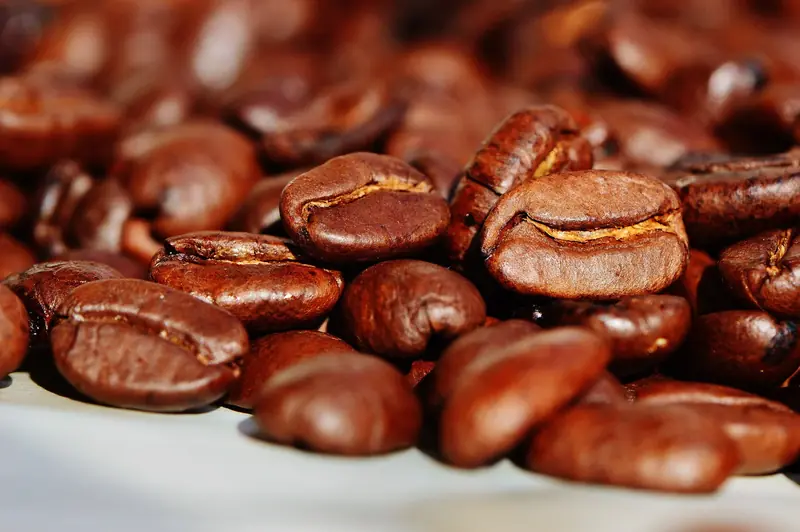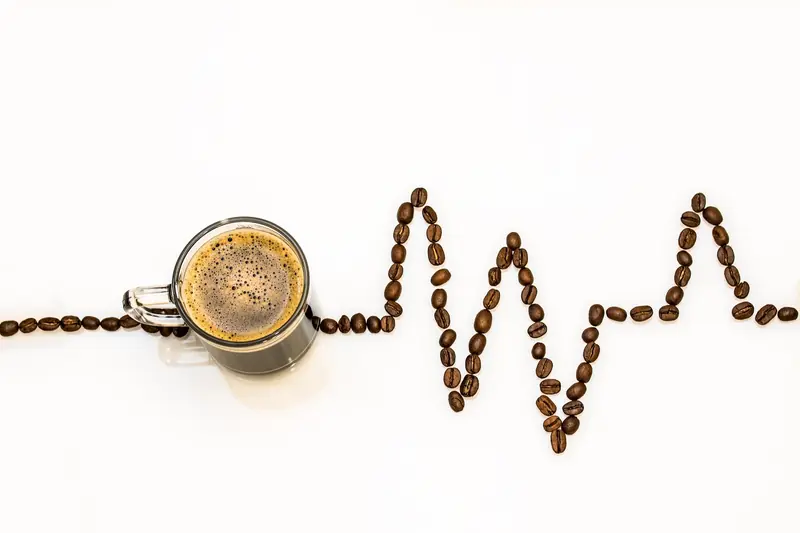
The mechanisms behind the bioactive compounds in coffee, tea, and chocolate are more complex than they may seem at first glance.
Counterintuitive Effects
Caffeine contains adenine, a substance characteristic of the neurotransmitter adenosine. This compound helps prevent the “overheating” of the central nervous system in stressful situations. Research on volunteers has shown that as caffeine concentration increases, it stops functioning as a psychostimulant. At a volume equivalent to five cups of espresso, caffeine not only fails to stimulate the central nervous system but actually has a calming effect.

The Habit Factor
Science offers varying assessments of caffeine’s addictive status. While acknowledging that the body can become accustomed to this substance, experts do not equate habituation with addiction. The mild addictive effect of caffeine does not lead to withdrawal discomfort when quitting coffee. With high consumption (daily doses of 300 milligrams of caffeine or more), the amount of adenosine increases, and the absence of coffee from the diet is accompanied only by a temporary calming effect. Long-time coffee drinkers often find their well-being returns to normal surprisingly quickly.

The Heart’s Limits
Chronic hypertension is not commonly found among caffeine enthusiasts: even regular daily consumption of a liter of coffee raises systolic blood pressure by a maximum of ten points. Only serious overdoses can lead to death. Toxicologists warn that consuming espresso at a rate of one kilogram of body weight within half an hour leaves little chance for survival. When consumed wisely, caffeine poses no harm to the heart. In fact, heart arrhythmia is diagnosed less frequently in coffee lovers than in those who abstain entirely.

Questioning the Risks
Despite caffeine being classified as a potentially harmful substance, coffee lovers tend to suffer less from malignant tumors. Moreover, medical professionals view caffeine as an ally in the fight against cancer, acting as a transporter for anti-tumor agents to the organs. Doctors acknowledge concerns about the potential harm of high coffee doses on fetal development during pregnancy. A safe amount is considered to be 200 milligrams of caffeine per day.

A Dangerous Duo
However, combining coffee with alcohol is strongly discouraged. Caffeine neutralizes the depressant effects of alcohol, creating an illusion of sobriety, which can lead to a loss of self-control and increased intoxication. This raises the “arrhythmic readiness” of the heart, which can malfunction even with a small amount of caffeine. Following a series of deaths among young people due to arrhythmias and heart attacks, some countries have banned the combination of alcohol and caffeine in energy drinks.

A Toxic Relative
A close “relative” of caffeine is the alkaloid theobromine. While absent in coffee, it is found in cocoa and its derivatives (chocolate). Theobromine is more toxic than caffeine because the biologically active component is present in cocoa in ten times greater quantities than caffeine in coffee (2-10%). In smaller amounts (1-2%), theobromine can be found in tea leaves, guarana berries, and kola nuts. Theobromine can accelerate heart rate, enhance coronary blood flow, dilate bronchi, and relax smooth muscles. As the heart muscle’s oxygen demand increases, an overdose of cocoa can lead to changes in myocardial condition. Theobromine (found in chocolate) is a dangerous poison for dogs, cats, horses, and rodents. The lethal dose for these animals is 200-300 milligrams of the alkaloid per kilogram of body weight.

The Secret of Tea
The antioxidant properties of tea leaves are attributed to polyphenols, particularly theophylline. Like caffeine, theophylline has diuretic properties. Due to this characteristic, tea should not be used to wash down medications. Theophylline weakens the effects of beta-blockers in cardiology medications and increases the diuretic potency of furosemide.

